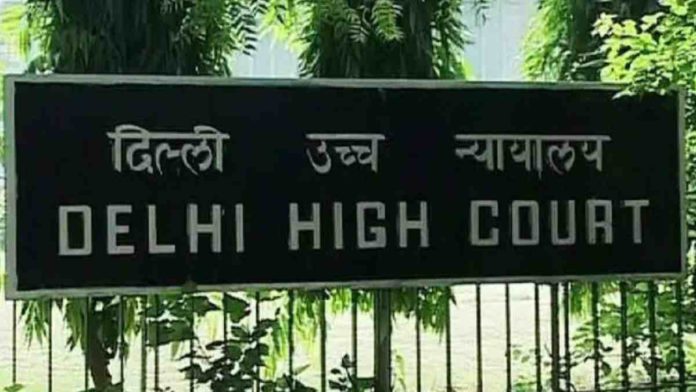The Delhi High Court has ruled that human intelligence or the human component in the adjudicative process cannot be replaced by artificial Intelligence. It declared that ChatGPT cannot serve as the foundation for making legal or factual assessments in a court of law.
An effort to use ChatGPT findings to support a party’s claim of trademark infringement was declined by Justice Prathiba M. Singh. The HC emphasized that there is still uncertainty surrounding the accuracy and dependability of AI-generated data, and that such a tool is only suitable for basic research or analysis.
“The aforementioned tool cannot serve as the foundation for a court of law’s decision on any legal or factual matters,” said Singh.
Read More: UK to Invest £100m in AI Chips Production Amid Global Competition
According to her, the response of a Large Language Model-based chatbot like ChatGPT, which is sought to be relied upon by counsel for the plaintiff, depends on a host of factors, including the nature and structure of the user’s query, the training data, etc. Furthermore, there is a possibility that AI chatbots will produce inaccurate responses, fictitious precedents, and inventive facts, the HC said.
The court made this observation while it processed a case involving a trademark infringement claim brought by a luxury brand against a partnership company that manufactured and sold shoes. The plaintiff’s attorney claimed that a shoe name was its trademark in India and presented comments from ChatGPT regarding its reputation in court.


